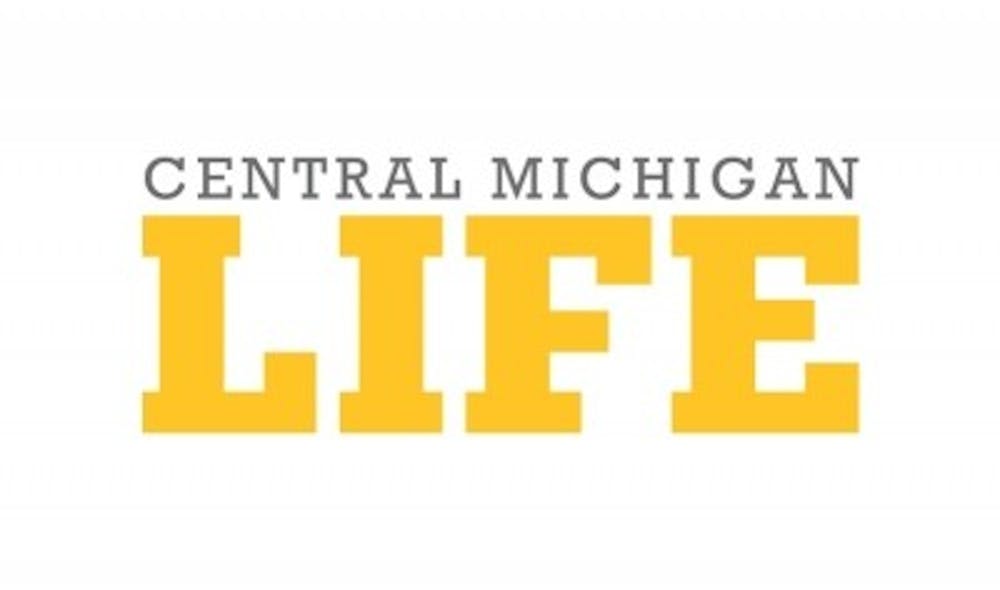'Social Justice Through Storytelling' event emphasizes importance of inclusion
Editor's note: A previous version of this story did not include panelist Al Casey, a transgender non-binary individual. More information was added to the story at 9:58 p.m. on Tuesday, April 2.
Registered Student Organizations came together March 27 to share the stories of those who have been treated as outsiders, and to discuss how the importance of inclusion at "Social Justice Through Storytelling."
It was emphasized at the event that we shouldn’t see all the differences in one another but instead focus on where we intersect with our stories and how we can relate to one another.
Panelists Julio Velasco and Mateo Savedra, both seniors, shared that they both have multiple ethnicities. Velasco is Mexican American and Savedra is a mix of Irish, Hungarian, Mexican and African American. They both agreed that while growing up, it was difficult to find a community where they felt comfortable.
“Racism builds upon you,” Savedra said.
Being of multiple ethnicities, he shared that he would feel uncomfortable when a group that he was hanging out with would unknowingly make a joke or say something discriminatory against one of his races. He eventually felt as if he didn’t really belong to any group, until he came to college.
For sophomore Riley Logan, a biracial Muslim convert, she hadn’t experienced a lot of prejudice until she converted to the Islamic faith.
Logan said that she is from a predominantly white, conservative town. When she had initially made the conversion, she was excited to share her decision with one of her best friends from home.
However, when Logan told her friend that she had decided to be Muslim, her friend looked at her and said, “Are you serious? That’s a really bad decision.”
With this, she explained that even those closest to us, like her best friend or even her grandma, don’t always respect our identities.
“When you live in a country where everybody around you is kind of attacking your religion, and you’re very new to it, it’s very scary,” Logan said.
Al Casey, a transgender non-binary individual who was also featured on the panel, said that their friends and family have known Casey is transgender for eight months now. While they have found support among loved ones, Casey explained that they have not always found support from the transgender community, an area where they hoped to find inclusion.
Casey said some transgender individuals are not accepting toward them because they did not want to get surgery or confine themselves to a specific gender.
The panel also featured an ex-convict, Daniel Jones.
Jones said being out of prison was almost intimidating, but he also felt very blessed because he felt he had a chance to make this journey and become a whole new version of himself.
However, while he was in prison, he shared that he felt marginalized. The staff would look at the prisoners as if the prisoners were less than the staff, he said.
Jones was not alone in this feeling of being treated as "other." Logan, Velasco and Savedra said they experienced similar feelings at some point in their life due to their different backgrounds.
Finding a group where an individual feels they belong is not always easy.
However, Detroit senior Chloe White said that listening to others and learning their background can everyone feel comfortable and like they belong. She said that understanding one another’s differences can help find ways to relate to one another.







